- Implementation of Vetiver Handicrafts Project Unit by Sahyadri Organic Small Farmers Consortium- FLO ID 20381; Kerala
Two participants from the Cooperative already have prior experience in handicrafts making it easier for them to understand the cost and sustainability of this project. Vetiver is a grass-like shot that takes about 6 months to harvest and process, the grass is dried and made into little baskets that can be used to pack organic spices. The project is being implemented with groups of men and women, who will organize themselves for the sustainability of this mini entrepreneurship.
- Value Addition in Fruits and Vegetables by High range Organic Fairtrade Farmers Association-FLO ID 39059; Kerala
The cooperative farmer members have project areas covering multi-crops. Through the project, the cooperative can collect seasonal fruits and vegetables from farmers of the Idduki region and process them into raw materials thereby creating a source of additional income for the farmers.
- Jack Fruit Processing by Manarcadu Social Service Society (MASS) -FLO ID 19619, Karnataka as an additional source of income for farmers.
Since Jack fruit is found in abundance in Kerala, the cooperative will help to collect the jack fruit from farmers of Idukki and nearby areas for value addition and for generating additional income for their farmer members.
- Home-based food Products by Aravatagi Primary Agriculture Credit Co-operative Sangha Niyamit, Doori, Karnataka – FLO ID 27788
In the initial stage, the team had been running a pickling project in a very limited way. Later they came up with preparing other homemade products which are in demand in the area. The team also spelled out ways to sustain the program.
- Roti Making Project by Primary Agriculture Credit Co-operative Sangha Niyamit, Itagi, Karnataka FLO ID 2779
The cooperative came up with a project to make Rotis ( Indian bread) with Jowar, which is also a staple food in the area of North Karnataka. These rotis are in great demand in North Karnataka for weddings and other festivities.
Sri Lanka
Sri Lanka, currently facing deep financial constraints because of Covid 19, proposed projects to improve the financial status and the nutritional requirement of women and children.
- Self-help Home Gardening project by Stockholm Estate of Horona Plantations PLC- FLO ID 18010
A mini-income-generating plan was put forth by the estate to work with groups of women who have small plots of land near their houses and grow common vegetables found in the area. The estate would like to support them systematically in growing and creating a market for their products and to help women barter their products between themselves.
- Mushroom cultivation Project by Abbotsliegh Estate of Hatton Plantations PLC- FLO ID 18792.
Mushroom cultivation is seen as a profitable and productive business in many countries as it helps to convert the farmer’s hard work into profit. The Project aims at financial empowerment of the families involved.
- Organically grown turmeric, ginger, and passion fruits by Stassen Natural Foods (Pvt.) Ltd. (Idulgashina Bio Tea Garden)- FLO ID 1550
The gender leader of Idulgashina Bio Tea Garden proposed a project to grow passion fruit, ginger, and turmeric and to market it to their existing customers.

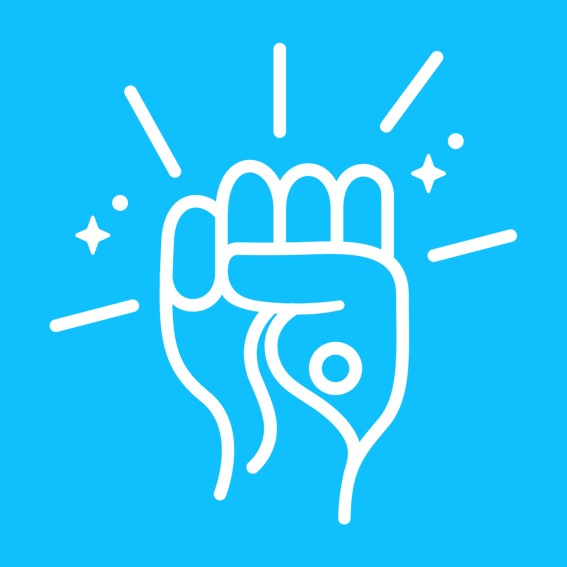
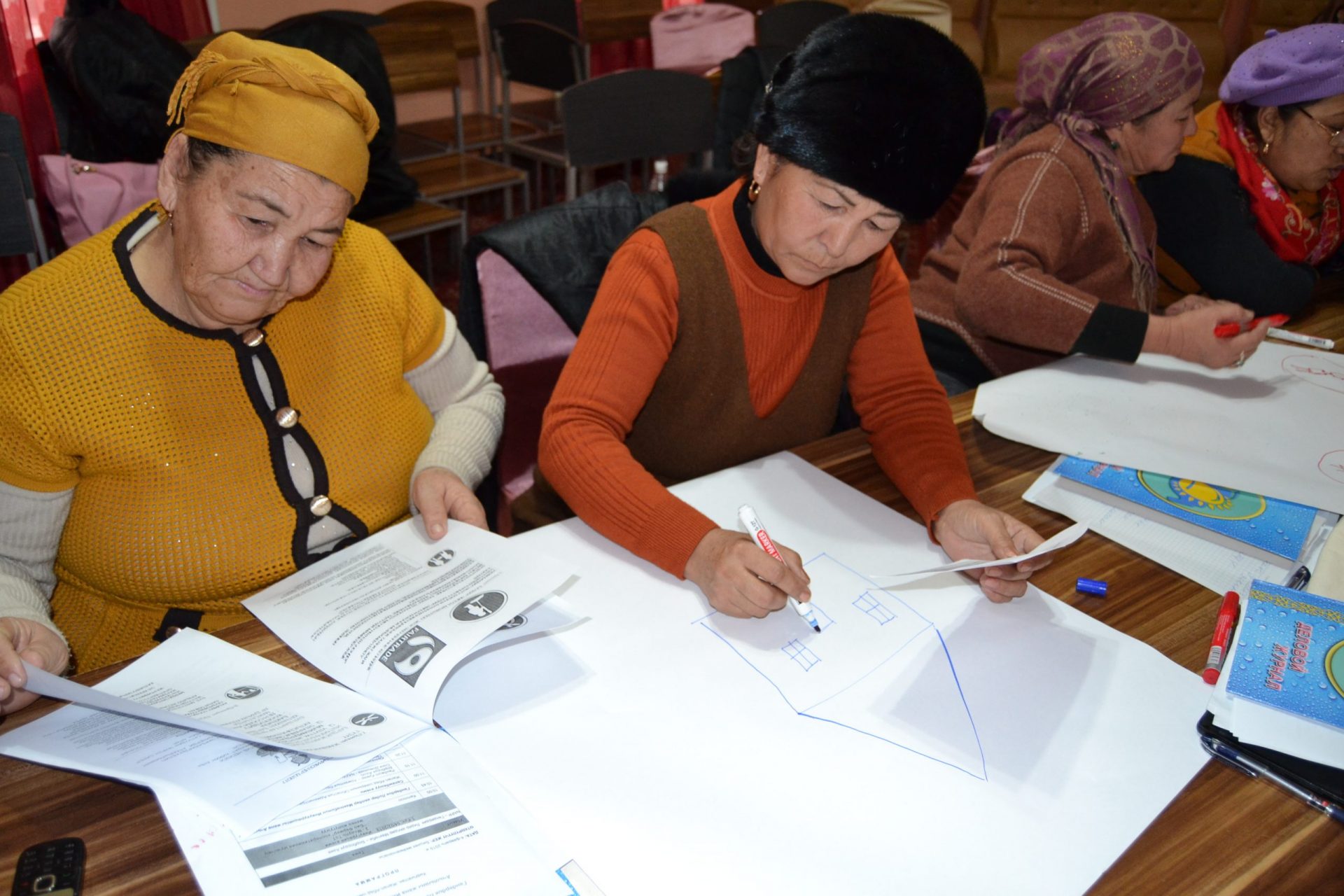
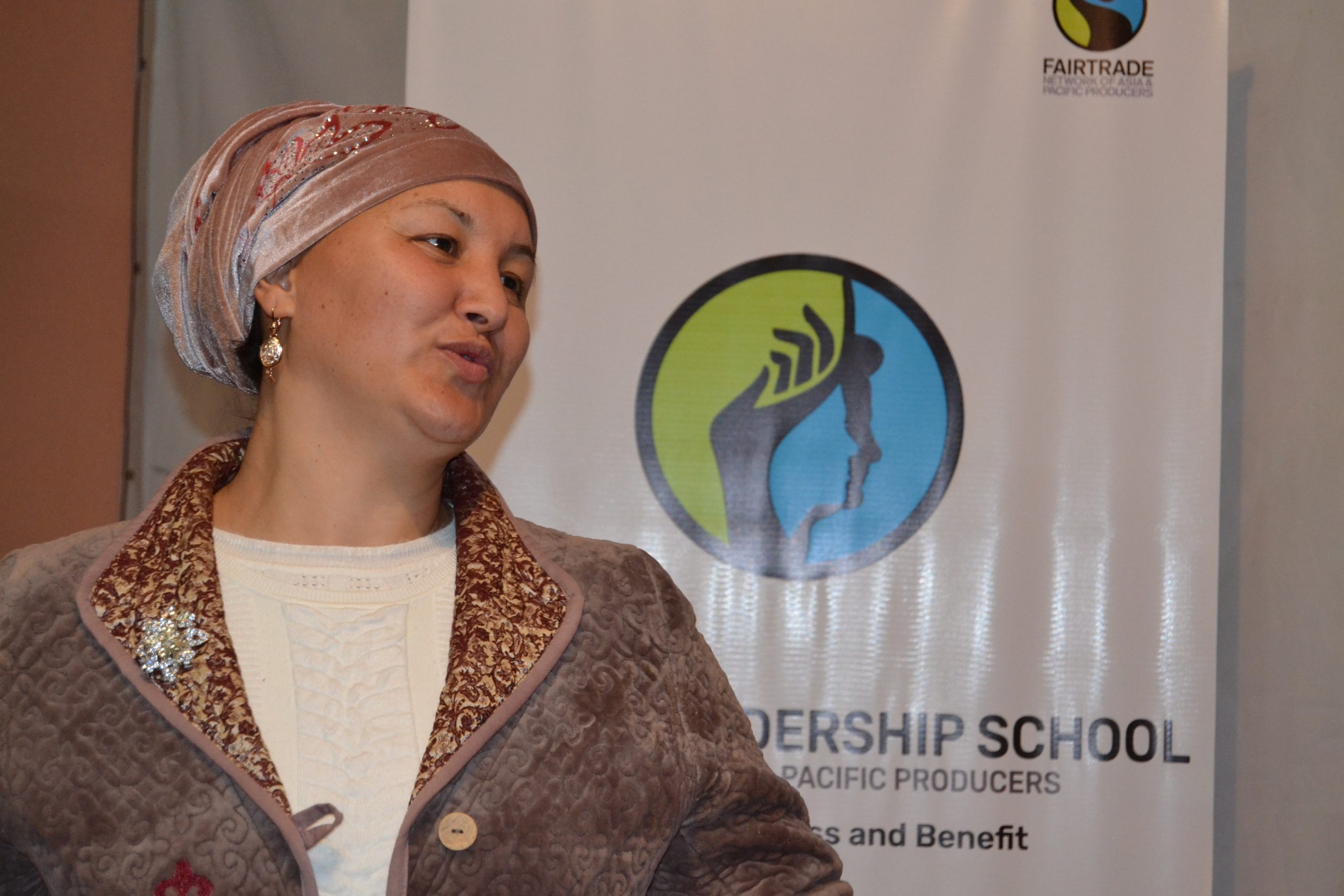
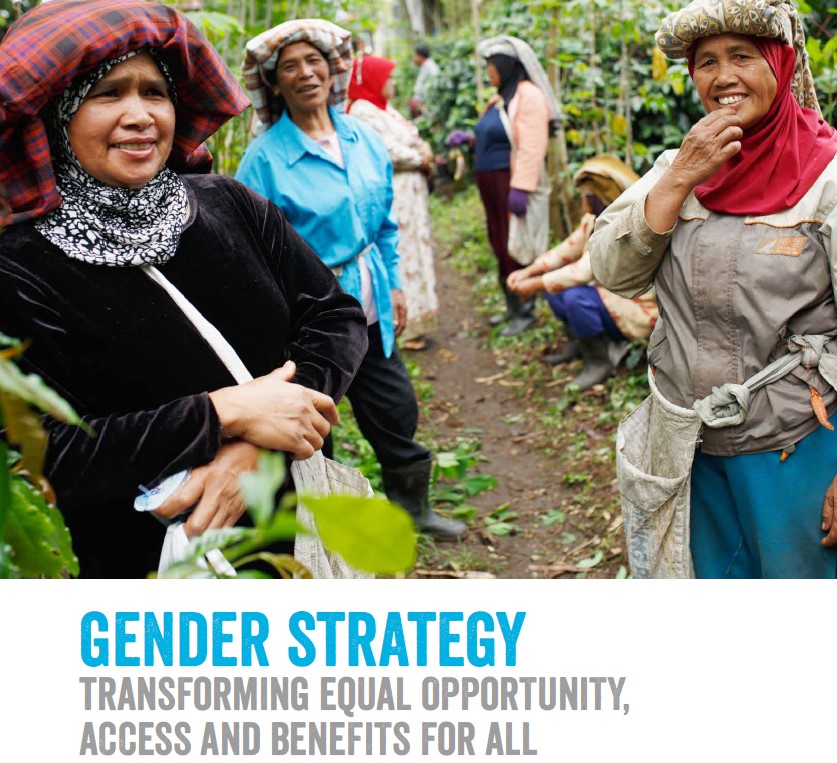


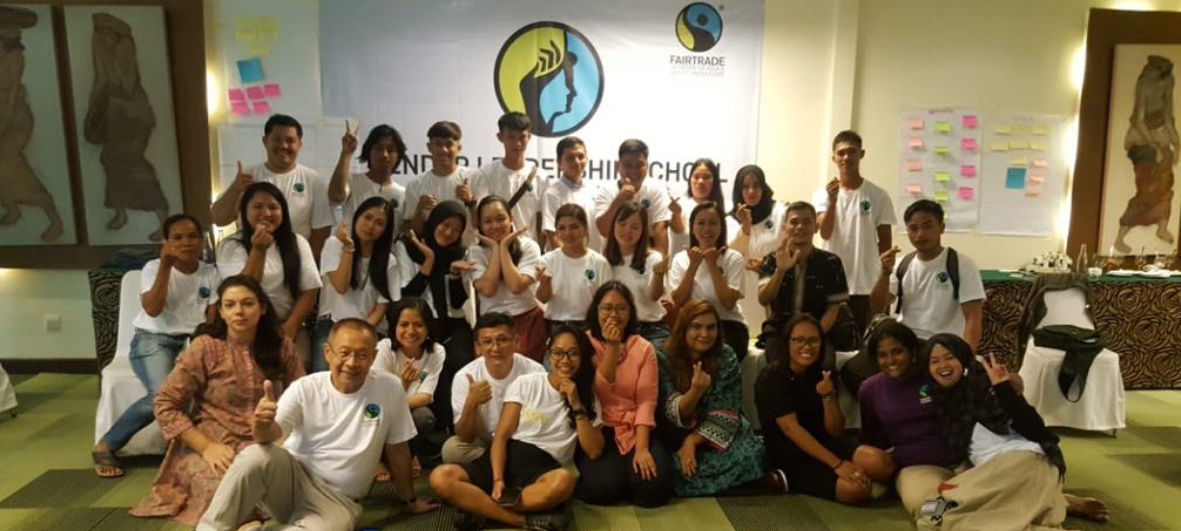
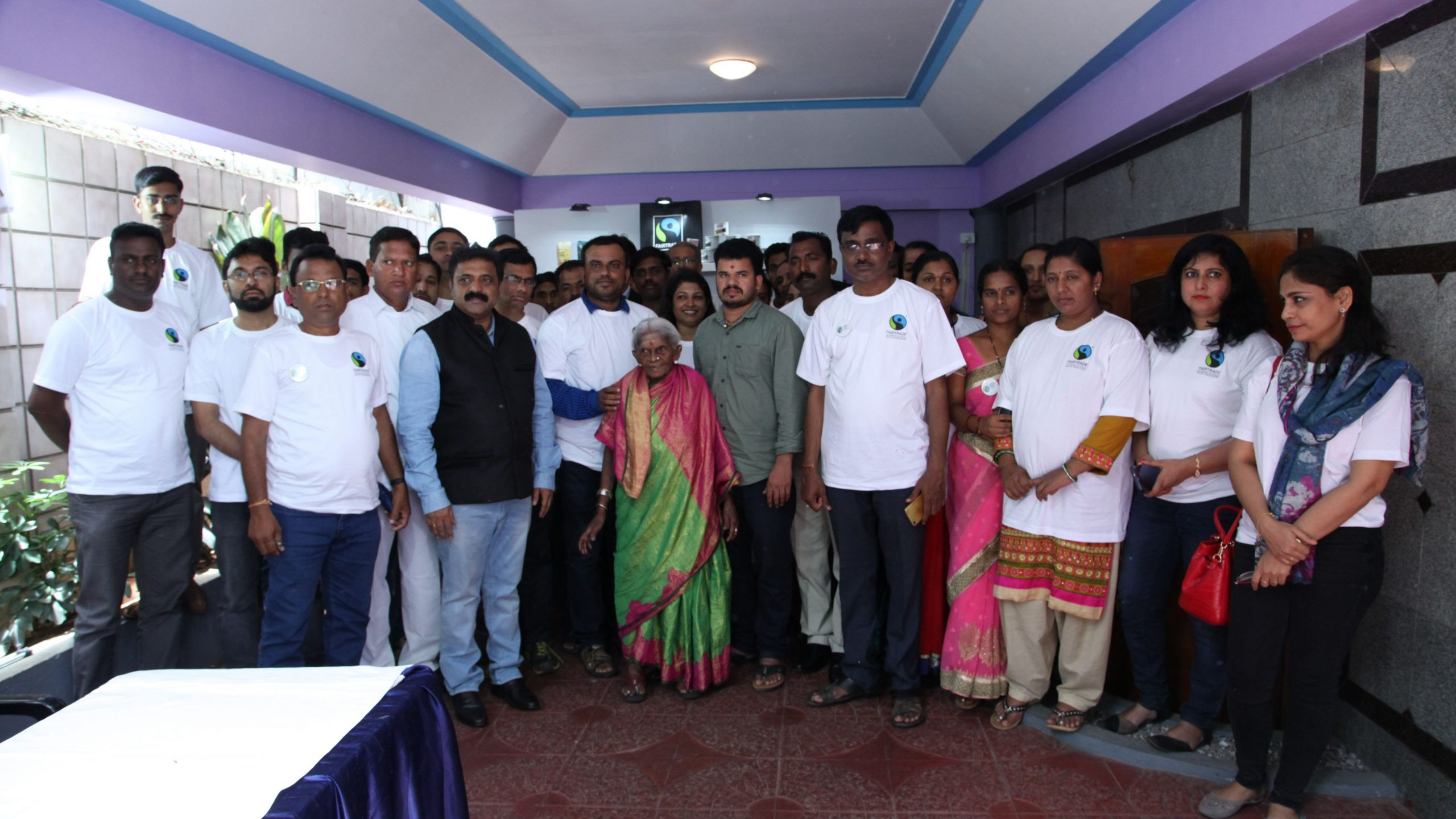
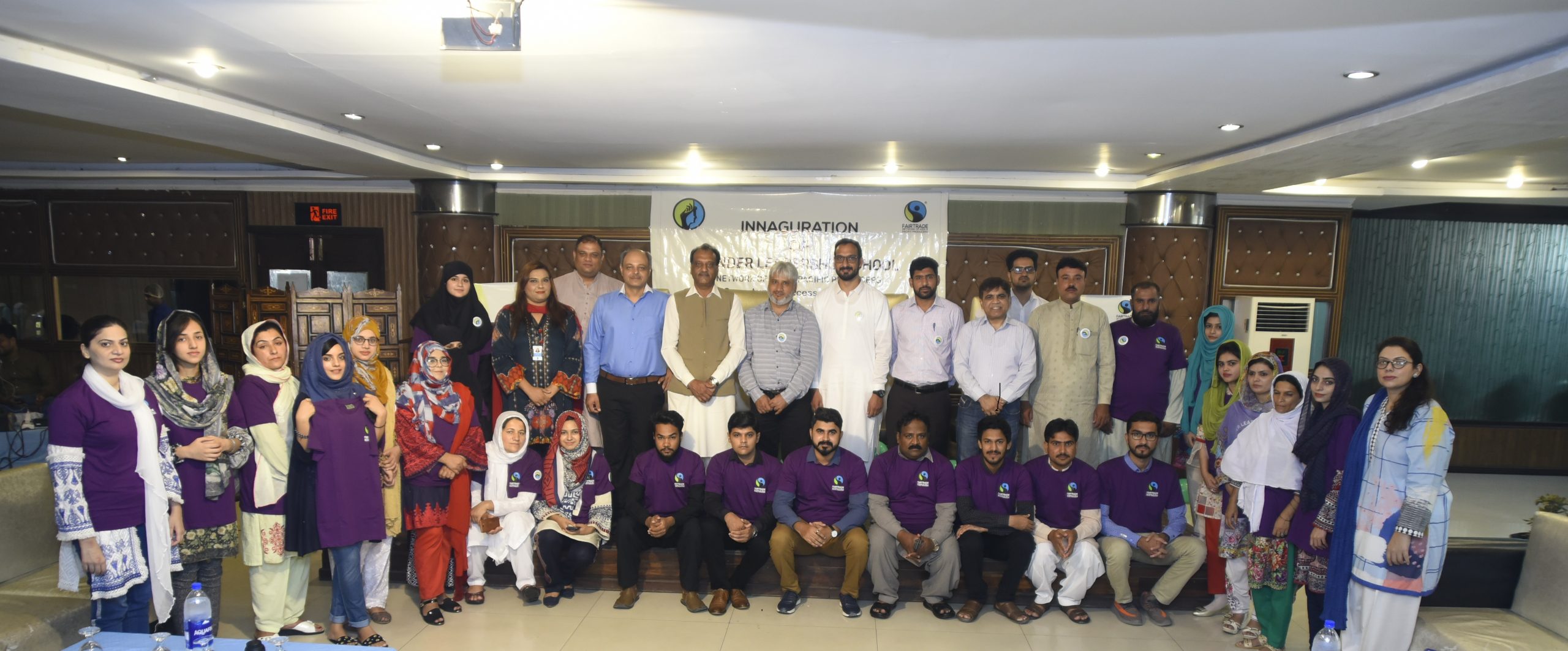
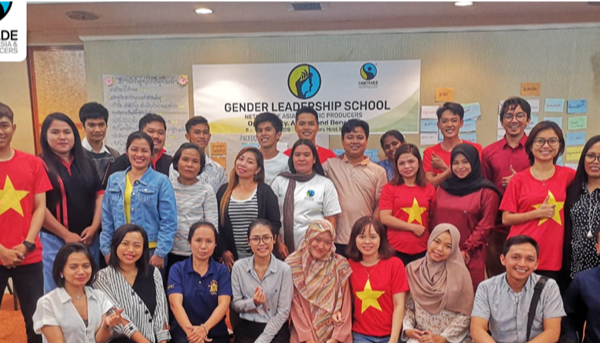
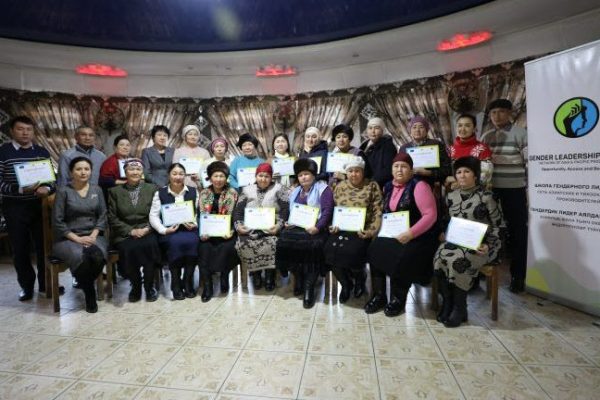
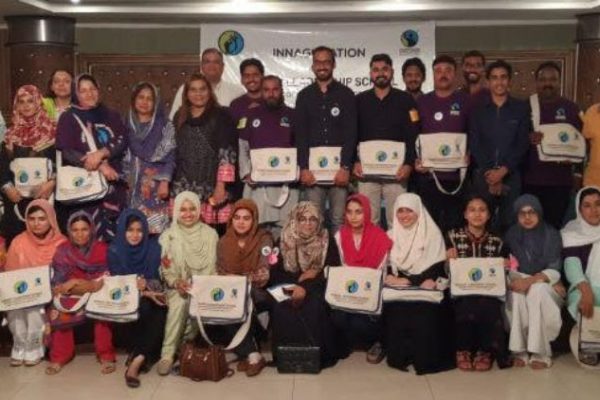
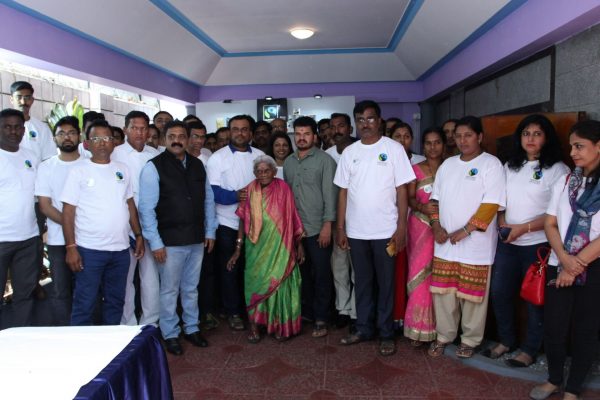
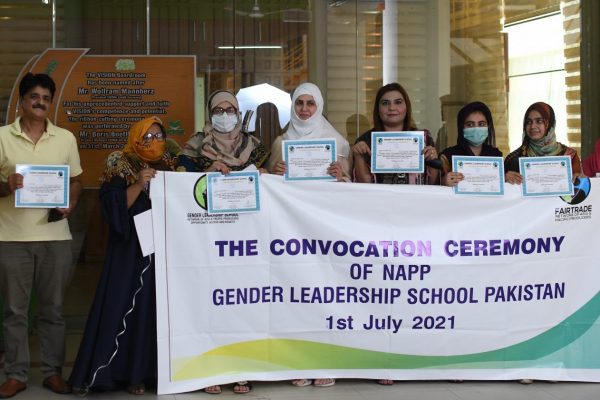
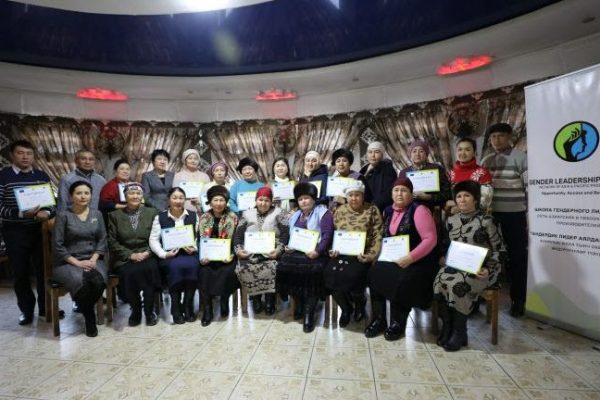
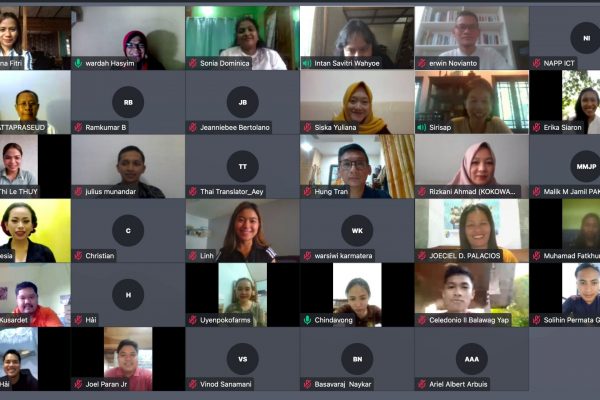
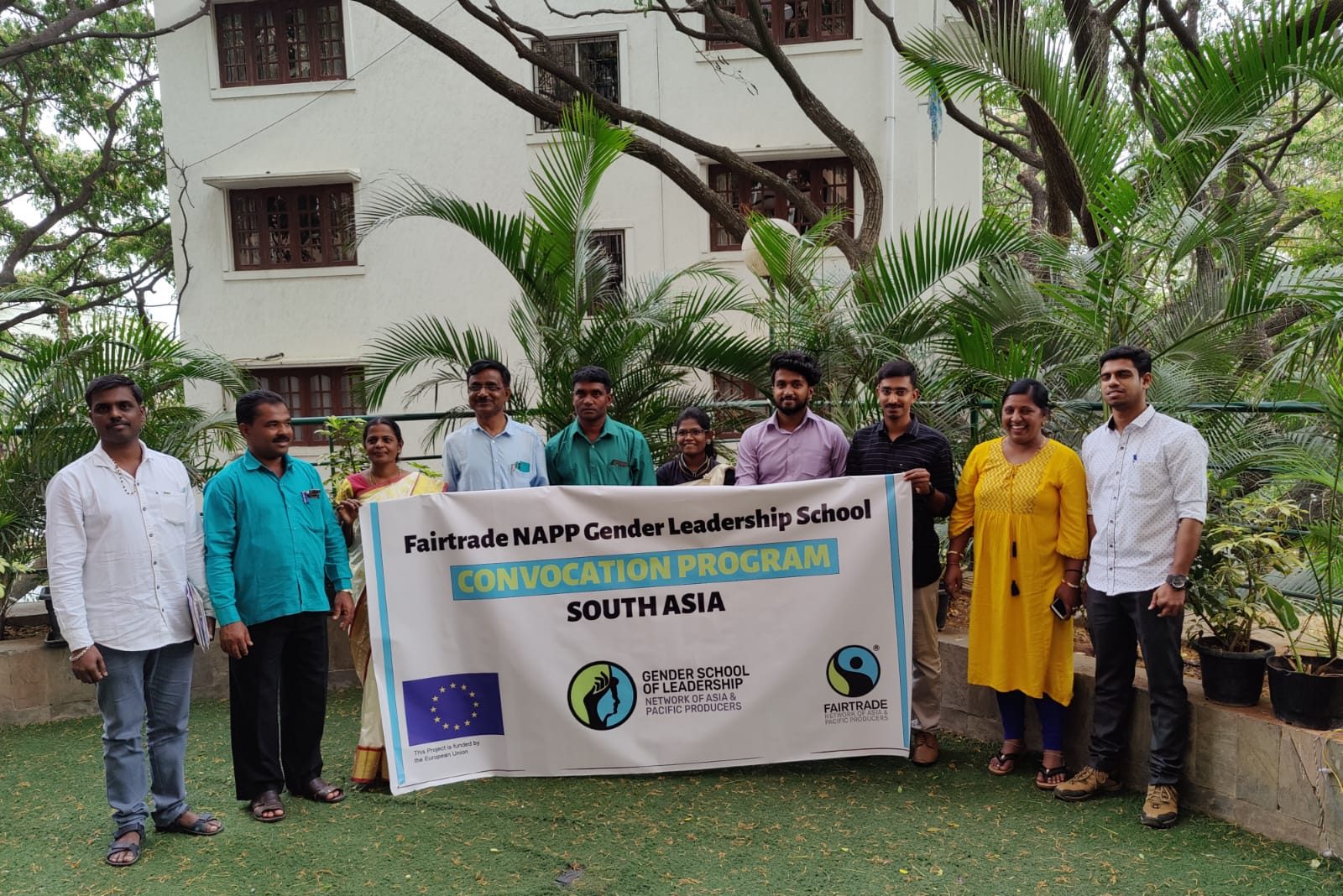 After the convocation of Central Asia and Southeast Asia in 2021, 15 participants from Sri Lanka and India ( 12 physical, 03 virtual) came together for a refresher training and to complete their GLS Mini project proposals under the leadership school. They successfully completed their 3rd phase which was delayed since 2020 due to the COVID-19 lockdown.
After the convocation of Central Asia and Southeast Asia in 2021, 15 participants from Sri Lanka and India ( 12 physical, 03 virtual) came together for a refresher training and to complete their GLS Mini project proposals under the leadership school. They successfully completed their 3rd phase which was delayed since 2020 due to the COVID-19 lockdown.


 “Cooking and Catering Skills” for 08 Staffs ( 04 women and 04 men) at Anwar Khawaja Industries.
“Cooking and Catering Skills” for 08 Staffs ( 04 women and 04 men) at Anwar Khawaja Industries.